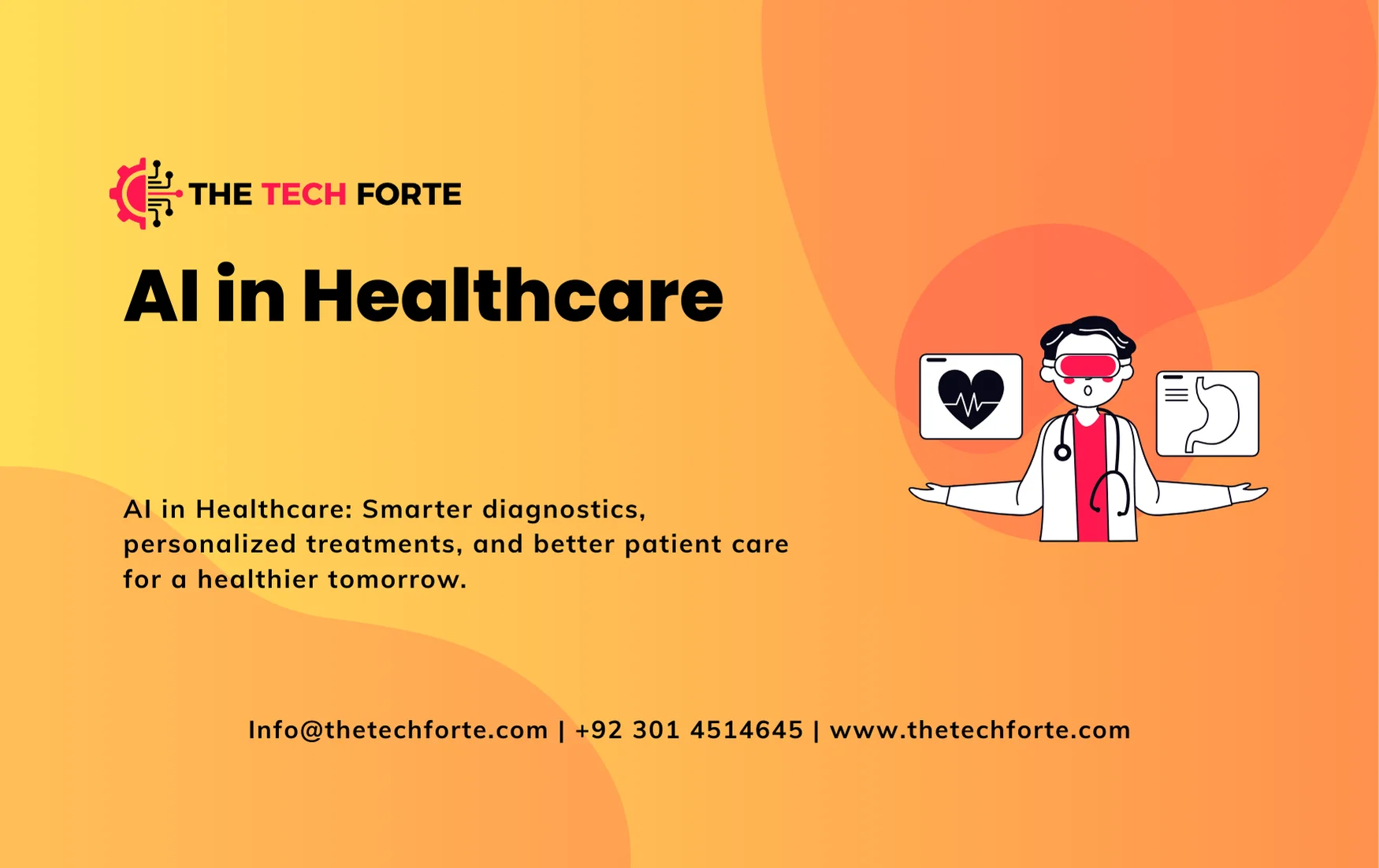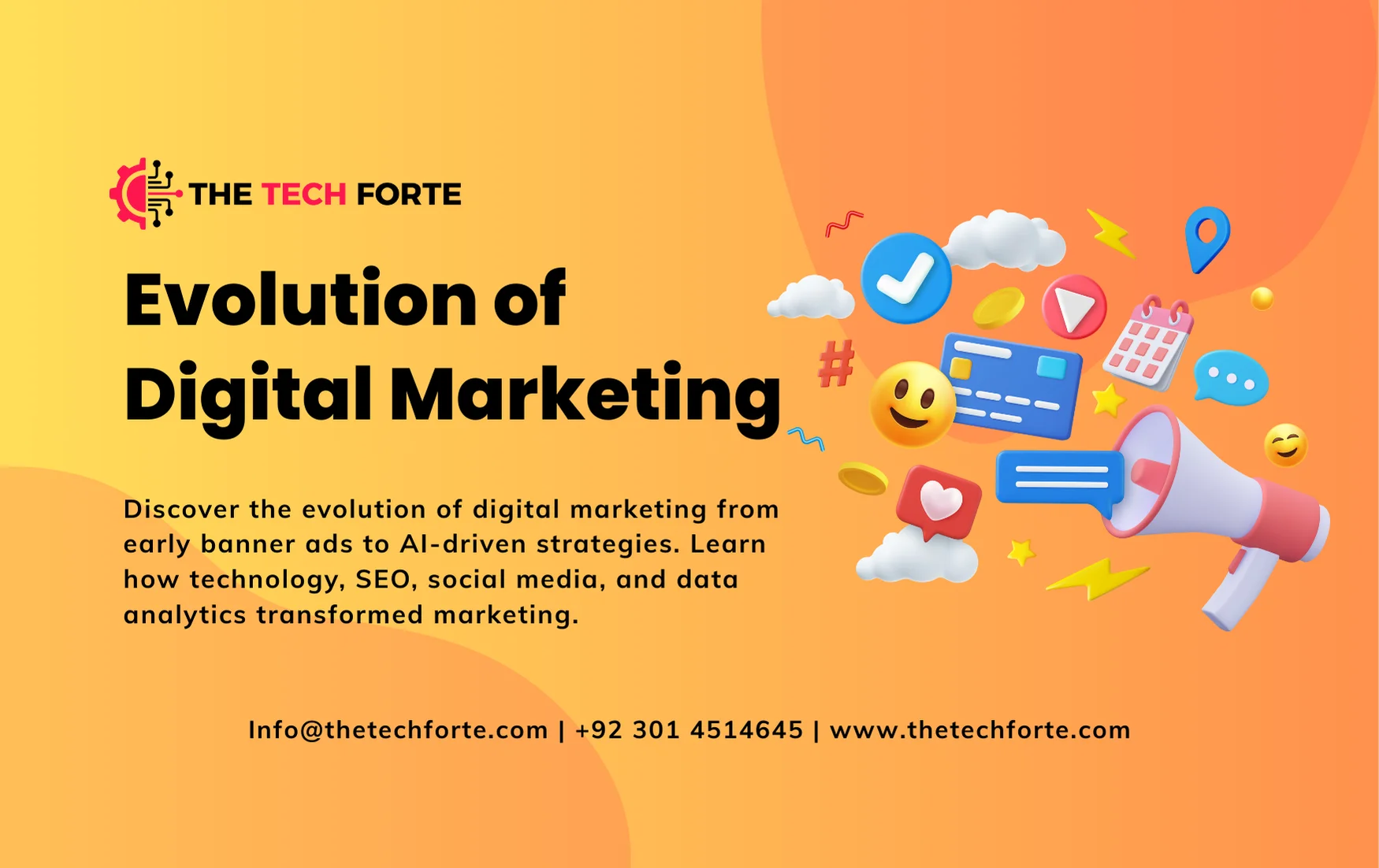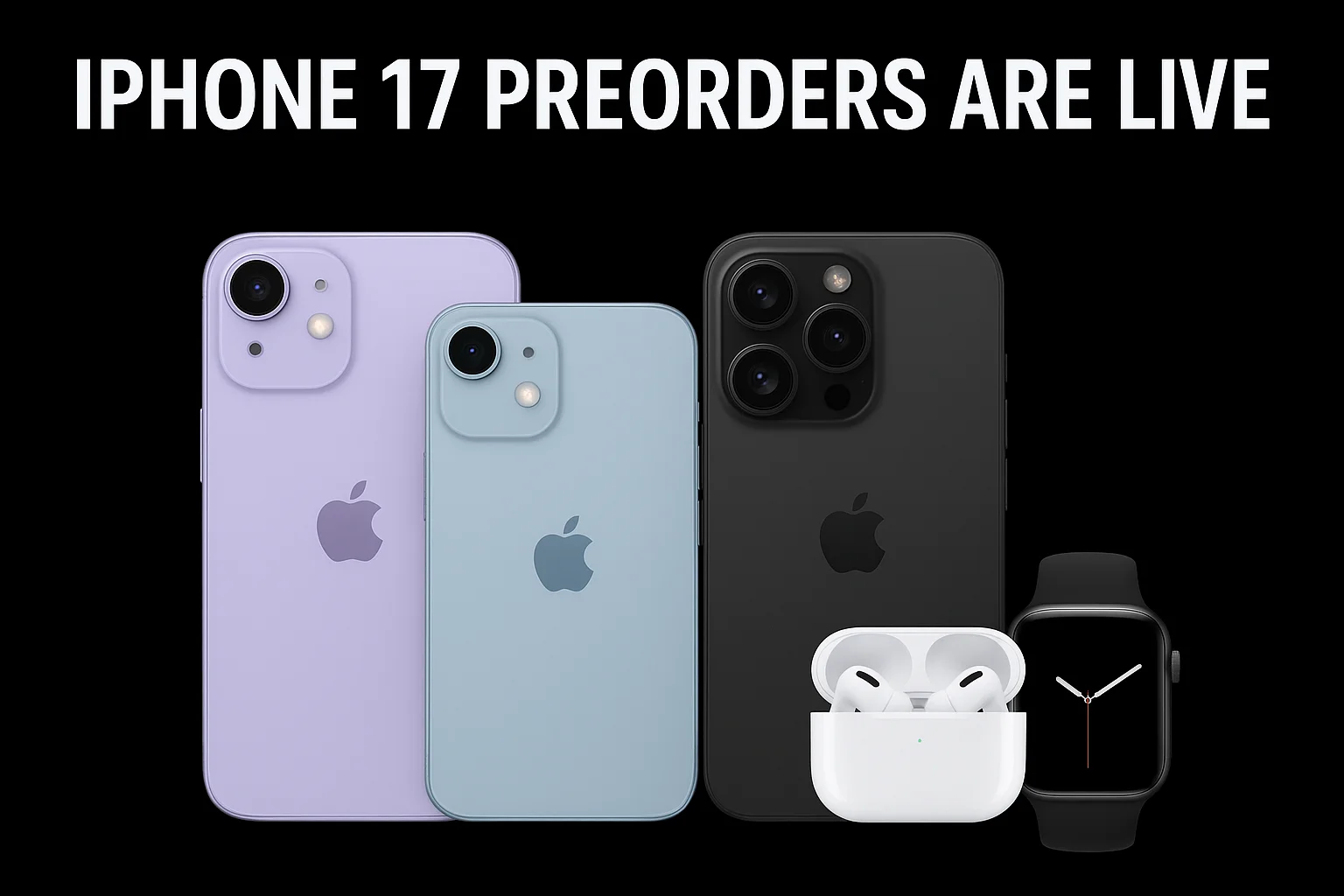In 2019, doctors at a London hospital used an AI-powered system to analyze eye scans and detect signs of blindness much earlier than traditional methods. What used to take hours for specialists was flagged by AI within minutes, giving patients faster access to treatment and better chances of recovery. This is just one example of how artificial intelligence (AI in Healthcare) is quietly reshaping healthcare, from diagnosis to treatment to patient care.
Understanding AI in Healthcare:
AI in healthcare refers to the use of advanced algorithms, machine learning, and natural language processing to support medical professionals in decision-making. Unlike traditional tools, AI can analyze massive amounts of medical data quickly and identify patterns that might be missed by humans. The goal is not to replace doctors but to support them in delivering more accurate, personalized, and timely care.
How AI in Healthcare is Revolutionizing Diagnosis:
One of the biggest impacts of AI is in medical diagnosis. AI-powered systems can detect conditions like cancer, heart disease, and diabetes with accuracy levels that sometimes match or even exceed human experts. For example, Google’s DeepMind has created an AI that reads mammograms to spot early breast cancer signs. This ensures earlier detection, reducing risks and saving lives.
AI in Predictive Analytics for Patient Care:
Predictive analytics uses AI to analyze patient data and predict possible health issues before they become critical. Hospitals are now using AI to forecast which patients are at higher risk of readmission after surgery or which patients may develop complications. This proactive approach allows healthcare providers to act early, improving patient safety and reducing costs.
Enhancing Medical Imaging with AI:
Medical imaging generates huge volumes of data, from X-rays to MRIs and ultrasounds. AI tools are now assisting radiologists by detecting small anomalies that may go unnoticed. For example, AI can identify early-stage lung cancer in CT scans, which could be missed during routine checks. This not only supports accuracy but also speeds up the diagnostic process, allowing doctors to see more patients.
Personalized Treatment Plans through AI:
Every patient is different, and AI in healthcare is helping doctors create individualized treatment plans. By analyzing a patient’s genetic information, lifestyle, and medical history, AI can recommend therapies most likely to succeed. For instance, in oncology, AI systems help tailor chemotherapy based on a person’s genetic profile, reducing side effects while maximizing treatment effectiveness.
AI in Drug Discovery and Development:
Developing new drugs is often a time-consuming and expensive process. AI is transforming this field by predicting how different chemical compounds will interact with the body. This shortens the research phase significantly. During the COVID-19 pandemic, AI models were used to identify potential drug candidates much faster than traditional research methods, showing how AI in healthcare can speed up life-saving innovations.
Virtual Health Assistants and Chatbots:
Virtual assistants powered by AI are now being used to guide patients in their healthcare journey. These chatbots can answer common questions, remind patients to take medication, and even schedule appointments. For example, Babylon Health’s AI-powered chatbot helps patients understand their symptoms and connects them with doctors if needed. This not only improves access to care but also reduces pressure on healthcare staff.
Ethical Challenges of AI in Healthcare:
While AI offers many benefits, it also raises ethical challenges. Issues like data privacy, bias in algorithms, and accountability are important concerns. For example, if an AI system misdiagnoses a patient, who is responsible: the developer, the hospital, or the doctor? To ensure trust, AI must be transparent, fair, and aligned with ethical healthcare standards.
The Role of AI in Reducing Healthcare Costs:
Healthcare systems worldwide face rising costs, and AI in healthcare offers a way to improve efficiency. By automating administrative tasks such as billing, appointment scheduling, and medical transcription, AI frees up time for doctors to focus on patients. Predictive tools also help reduce unnecessary hospital visits, making healthcare more affordable and sustainable.
AI in Medical Education and Training:
AI is not just for patient care; it’s also transforming how future doctors learn. Virtual simulations powered by AI allow medical students to practice surgeries in a risk-free environment. AI tutors can personalize training, identifying where a student struggles and offering customized lessons. This ensures better-prepared healthcare professionals.
Real-World Examples of AI in Action:
- IBM Watson Health helps oncologists identify the most effective cancer treatments.
- PathAI uses AI to assist pathologists in diagnosing diseases more accurately.
- Butterfly iQ is an AI-powered ultrasound device that brings affordable imaging to underserved areas.
These examples show that AI is not a distant future technology; it’s already saving lives today.
Future of AI in Healthcare:
Looking ahead, AI will become more integrated into daily healthcare practices. We may see AI predicting pandemics by analyzing global health data or robots assisting in surgeries with extreme precision. The future lies in collaboration between humans and AI, ensuring technology enhances the compassionate side of medicine rather than replacing it.
Conclusion:
AI in healthcare is more than a technological advancement; it’s a revolution that is improving lives, reducing costs, and making medicine more precise. From early diagnosis to personalized treatments, AI has proven to be a valuable partner for doctors and patients alike. However, its success depends on addressing ethical concerns, ensuring fairness, and maintaining a patient-centered approach. As we’ve seen from real-life examples, AI is already transforming healthcare today, and its power will only grow stronger in the years to come. The key is to use it responsibly, balancing innovation with humanity.







